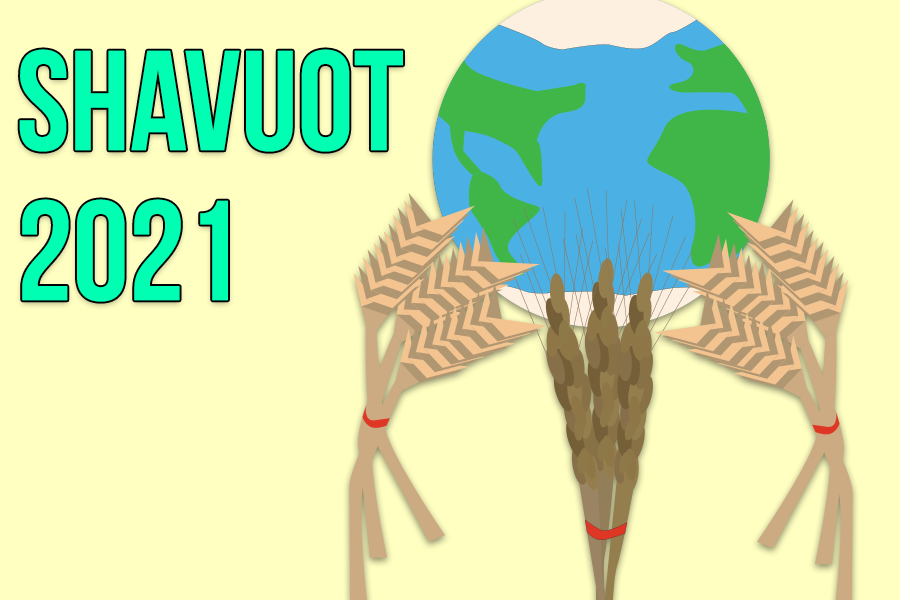Ruth the Moabitess: Turning loss into strength
May 22, 2021
On Shavuot we read the Book of Ruth, whose character was strong and principled. She was a Moabite married into a Jewish family at a time when intermarriage was frowned upon. Tragedy struck the family suddenly, leaving her father-in-law, brother-in-law, and husband dead. Ruth finds herself left with her sister-in-law, Orpah, and mother-in-law, Naomi.
Planning to journey back to the land of Israel, Naomi tells Ruth and Orpah to stay behind, remarry in Moab, and avoid the strenuous journey. While Orpah agrees, Ruth stays true to her mother-in-law and the Jewish faith. In a beautiful passage, she tells Naomi, “Do not urge me to leave you, to turn back and not follow you. For wherever you go, I will go; wherever you lodge, I will lodge; your people shall be my people, and your God my God.” (Ruth 1:16)
After making this dramatic statement, Ruth takes direction from those around her, gathering sheaves of grain left behind by harvesters in the field to provide food for Naomi to eat. She consistently shows kindness and compassion, displaying acts of chesed (lovingkindness) both hidden and obvious towards Naomi as she sustains the elder woman’s basic physical needs with care and respect.
This leads to redemption for all parties involved: ultimately, the loyalty and strength displayed here are the reason Ruth becomes the mother of the future dynasty of Israel, through her descendent King David, who will be ancestor to the messiah.
Pirkei Avot also teaches us:
On three pillars the world stands: on the Torah, on the service of God, and on acts of lovingkindness.
Without these three crucial attributes, we learn, the world would not survive.
Ruth exemplifies for us in her quiet way what it means to be a bat Torah, a daughter of Torah; Ruth understands the notion of imitating God so that we can learn from His ways since we have been fashioned in His image.
This is what it means to be a bat Yisrael, a daughter of Israel. Getting to know all the people around you, their strengths and their weaknesses, their fears and their dreams.
Pirkei Avot highlights this lesson, too, in perek bet (chapter two):
In a place where there is no man, strive to be a man.
We learn from Ruth that if there is no one around to stand for a cause, we must get up, even if that means extending ourselves beyond our comfort zones — as Ruth did for Naomi, for whom there was no one else left to stand.
When faced with difficult choices, Rav Yosef Soleveitchik says, don’t ask lama, or “why”? Instead, ask yourself l’ma — “Now what?” We can wallow in misery or we can try and figure out how to take ownership of our own destiny, engendering redemption on a personal or even a national scale.
This is exactly what Ruth models for us on Shavuot, as we celebrate the gift of Torah by reading her story out loud together in our synagogues. Although she is a Moabite, Ruth takes control of her own destiny and decides to make Noami as comfortable as she can. Ruth betters the world around her and teaches a wonderful lesson for how we should treat others. This is vital no matter the circumstances.
